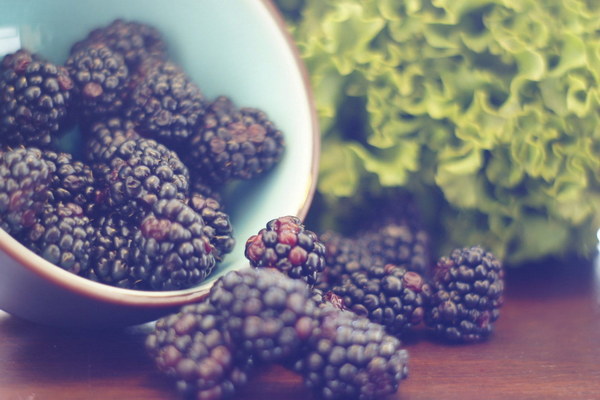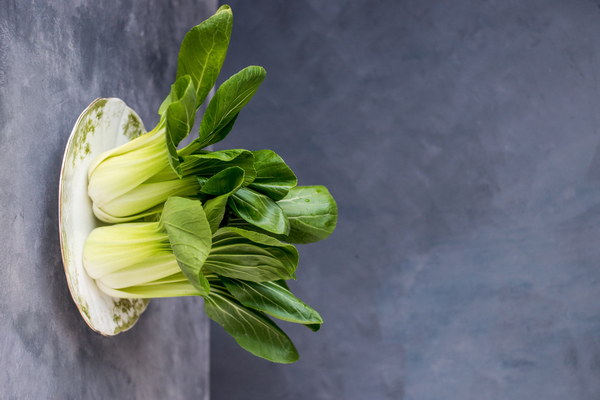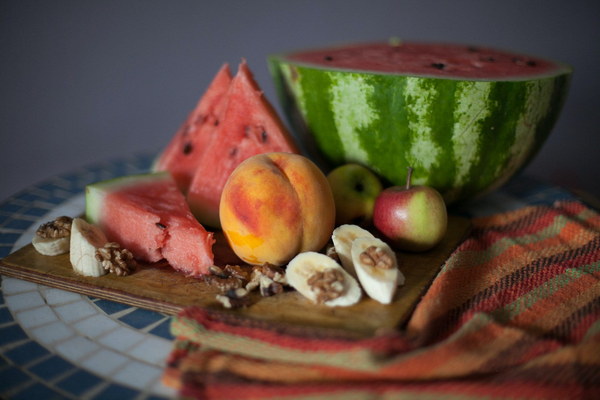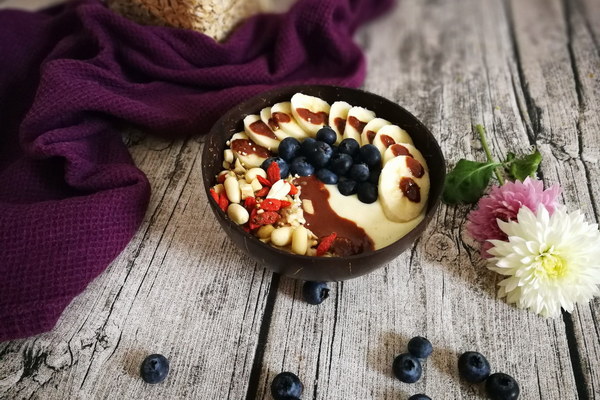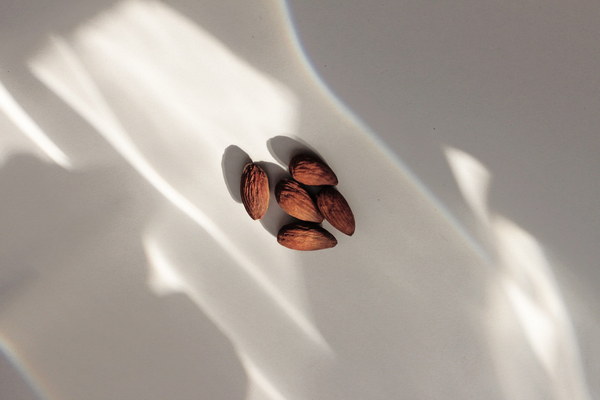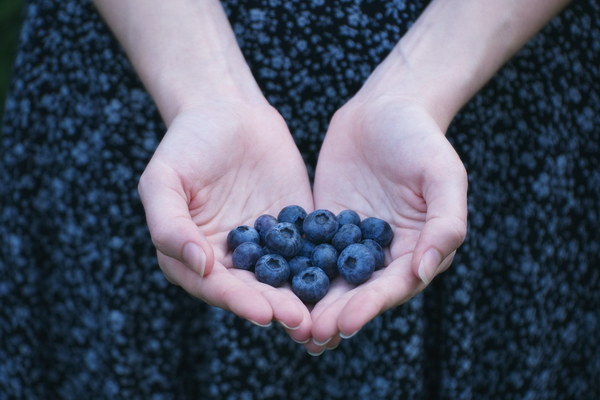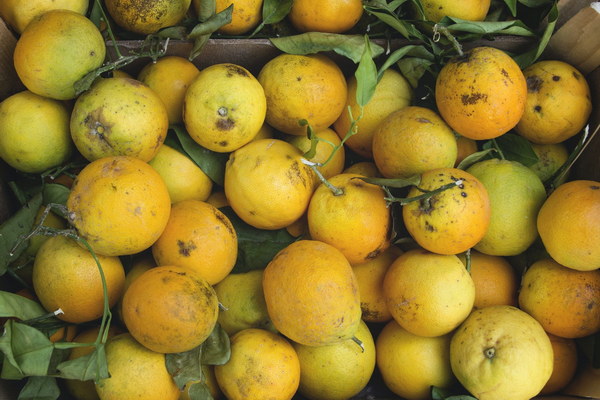Nourish Your Scalp Top Nutritional Supplements for Hair Loss Prevention
Introduction:
Hair loss is a common concern that affects many people, and it can be caused by various factors such as genetics, stress, hormonal imbalances, and poor nutrition. While there is no one-size-fits-all solution for hair loss, incorporating certain nutritional supplements into your diet can help promote hair growth and prevent further hair loss. In this article, we will discuss the top nutritional supplements that can help combat hair loss and keep your scalp healthy.
1. Vitamin D:
Vitamin D plays a crucial role in the growth and maintenance of hair. It helps regulate the immune system and promotes the production of sebum, which is essential for healthy hair. Studies have shown that vitamin D deficiency is linked to hair loss. To ensure adequate intake, expose your skin to sunlight for at least 10-15 minutes daily, or consider taking a vitamin D supplement, especially if you live in a region with limited sunlight.
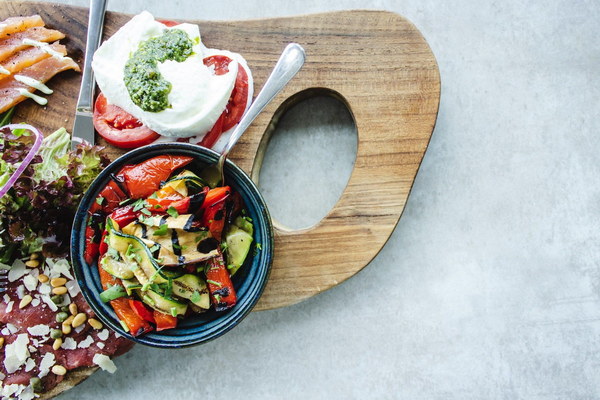
2. Vitamin E:
Vitamin E is an antioxidant that helps protect the scalp from damage caused by free radicals. It also promotes blood circulation, which is essential for delivering nutrients to the hair follicles. Foods rich in vitamin E include almonds, sunflower seeds, avocados, and spinach. Alternatively, you can take a vitamin E supplement to support hair growth.
3. Biotin:
Biotin, also known as vitamin B7, is essential for hair growth and strength. It helps convert food into energy and supports the production of keratin, the protein that makes up hair. Biotin deficiency can lead to brittle hair and hair loss. Foods high in biotin include eggs, nuts, seeds, and sweet potatoes. Taking a biotin supplement can help prevent hair loss and improve hair quality.
4. Iron:
Iron deficiency is a common cause of hair loss, especially in women. Iron is crucial for the production of hemoglobin, which carries oxygen to the hair follicles. To ensure adequate iron intake, consume iron-rich foods such as lean meats, poultry, fish, beans, lentils, and fortified cereals. If you are diagnosed with iron deficiency, your healthcare provider may prescribe iron supplements.
5. Zinc:
Zinc is an essential mineral that plays a role in the growth and repair of hair. It also helps with the production of testosterone, which is important for hair growth. Foods high in zinc include oysters, beef, pork, legumes, and nuts. If you are unable to obtain enough zinc from your diet, consider taking a zinc supplement.
6. Omega-3 Fatty Acids:
Omega-3 fatty acids are essential for healthy hair growth and scalp health. They help reduce inflammation and improve blood flow to the hair follicles. Foods rich in omega-3 fatty acids include fatty fish (such as salmon, mackerel, and sardines), flaxseeds, chia seeds, and walnuts. Taking an omega-3 supplement can be beneficial for individuals who have difficulty obtaining enough omega-3s from their diet.
7. Protein:
Protein is the building block of hair, and a deficiency can lead to hair loss. Ensure you are getting enough protein by incorporating lean meats, poultry, fish, eggs, dairy, legumes, and nuts into your diet. For individuals who are vegetarian or vegan, consider taking a protein supplement, such as plant-based protein powder, to support hair growth.
Conclusion:
Incorporating these nutritional supplements into your diet can help prevent hair loss and promote healthy hair growth. However, it is important to consult with your healthcare provider before starting any new supplement regimen, as they can interact with other medications and may not be suitable for everyone. Additionally, maintaining a balanced diet and adopting a healthy lifestyle can further support your hair's health and prevent hair loss.
